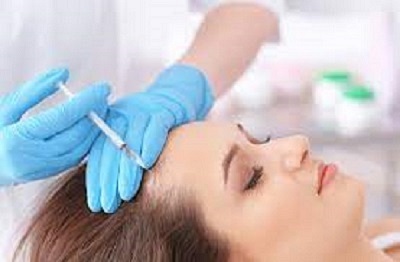PRP for hair therapy has gained popularity as a non-surgical treatment option for hair loss. But is PRP for hair loss right for you? Assessing candidates involves considering various factors to determine suitability for the treatment.
Medical Evaluation
Before undergoing PRP therapy for hair loss, individuals should undergo a thorough medical evaluation by a qualified healthcare provider. This evaluation helps identify any underlying medical conditions or factors that may contribute to hair loss, such as hormonal imbalances, nutritional deficiencies, or autoimmune disorders.
Type and Severity of Hair Loss
PRP therapy is most effective for individuals experiencing mild to moderate hair loss, particularly those with conditions such as androgenetic alopecia (male and female pattern baldness), alopecia aerate, or telogen effluvium. Candidates with more advanced hair loss may not achieve significant improvement with PRP therapy alone and may require additional treatments.
Overall Health
Candidates for PRP therapy should be in good overall health and free from any medical conditions that may contraindicate the treatment. This includes conditions such as blood disorders, autoimmune diseases, or active infections. Patients with uncontrolled diabetes or those taking blood-thinning medications may not be suitable candidates for PRP therapy.
Age and Gender
While PRP therapy can benefit individuals of various ages and genders, it may be more effective in certain demographics. Candidates who are younger and have recently started experiencing hair loss may respond more favourably to PRP therapy compared to those with long-standing hair loss or advanced age.
Expectations and Commitment
Candidates considering PRP therapy should have realistic expectations about the results and understand that multiple treatment sessions may be necessary to achieve optimal outcomes. Additionally, candidates should be committed to following post-treatment care instructions and attending follow-up appointments as recommended by their healthcare provider.
Hair Transplantation Candidates
For individuals considering hair transplantation, PRP therapy can be used as a complementary treatment to enhance the results and promote better graft survival. Candidates undergoing hair transplantation may benefit from PRP therapy to improve healing, stimulate hair growth, and maintain existing hair follicles.
Consultation with a Specialist
Ultimately, the decision to undergo PRP therapy for hair loss should be made in consultation with a qualified specialist in hair restoration. During the consultation, the healthcare provider will assess the candidate's medical history, evaluate the type and severity of hair loss, discuss treatment options, and recommend the most appropriate course of action based on individual needs and goals.
In conclusion, PRP therapy for hair loss may be a suitable option for individuals experiencing mild to moderate hair loss who are in good overall health and have realistic expectations about the treatment outcomes. By carefully assessing candidates and tailoring the treatment approach to individual needs, PRP therapy offers a safe and effective solution for promoting hair regrowth and restoring confidence.





Comments